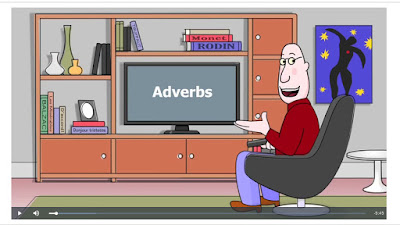My Duolingo subscription has ended, and I won't be renewing it. At first when I finished six courses a few months ago, I was doing the German refresh exercises. Then I realized I was tired of playing that game, so I started reading more foreign-language sources and watching Easy German, Easy French, and Easy Spanish.
I also spend time practically every day looking at headlines on Twitter and translating the ones that I understand or am interested in. News in other languages is really hard, even just the headlines. Sometimes I will look at a German headline, for instance, and will perhaps understand the first couple of words, then it will all break down as I continue. I keep reading German like I would read a Romance language. But German puts their infinitives at the end or they split them, and they also don't use prepositions and possessives like the Romance languages do. So as my eye follows along, my mind gets stuck. But yesterday, I managed to translate some German, in addition to Italian, French, Spanish, Portuguese, and Japanese tweets.
I also finished writing a draft of a novella. I started on June 1 and finished it on July 11. I was ready to start revising it right away, but then stepped back, realizing that I should restructure the story, so I'm currently doing that.
I'm continuing to take a French class at the Alliance Française; I started last year, and it is fantastic. The teacher is highly trained and is a native French and English speaker who was born here but grew up in France, so we learn the language as well as the culture. I've realized that it's very important to not only learn the correct words and grammar, but to learn about the country as well. It makes the class more interesting and I'm motivated to find out more about France, where I've never been. Sometimes I look at my brother's old French college textbook to brush up on grammar and language structure, and of course, I have a long way to go. I think I'm going to try to go to France next year to study for a couple of weeks and travel, which I'm doing next month in Germany via Easy German.
Unfortunately, my book-reading is down; I made the mistake of reading a few books at once, and each is very long, so I haven't finished any of them yet. So I'm concentrating on finishing one before my Germany trip. I've also been watching documentaries and British shows, watching NHK shows, and enjoying life outside of Duolingo.
Duolingo got me back into intense language-learning, and I haven't stopped. I feel like I'm where I was years ago in the early days of this blog, when my life was more language-focused. This is probably one of the best years of my life.
p.s. the e-book version of my debut novel is still at Amazon, and the price for the print version has been reduced: buy at the Eckhartz Press site.










